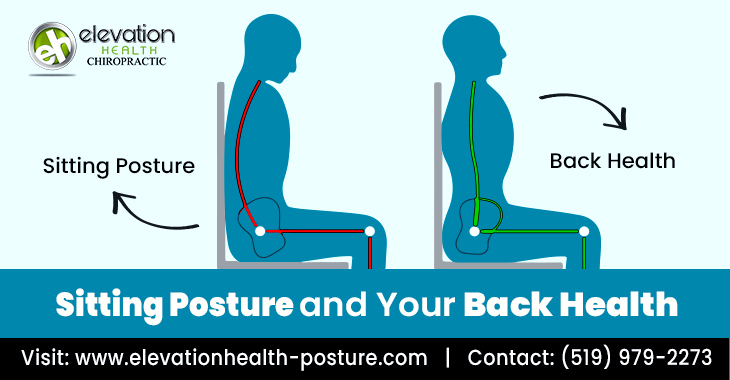
Breathing and posture are intimately related. Your posture influences your respiratory mechanics, and the quality of your breathing can also impact your posture. Poor posture can cause difficulties with your breathing. You need to connect with any reputed chiropractor like Dr Brian Nantais to correct your posture.
If you want a reputed chiro to treat posture issues in Canada, contact Dr Brian Nantais from Nantais Family Chiropractic at Elevation Health. He is an expert doctor who can offer you the best possible affordable services.
Let’s focus on the discussion of how posture impacts our breathing procedure:-
For effective breathing, the spine and pelvis must properly align. Your chest cavity constricts when you are slouched or slumped over, reducing the room for your lungs to expand. This may result in shallow breathing, decreased oxygen intake, and increased neck and shoulder stress.
The diaphragm muscle, which is situated between the chest and the abdomen, is contracted during diaphragmatic breathing. The lungs’ capacity to expand and suck air in is controlled by this muscle. Proper posture ensures that the diaphragm can function effectively and that air may readily enter and exit the lungs.
Maintaining good posture also aids in relaxing the chest, shoulders, and neck. Breathing deeply can be difficult when these areas are constrained or constrictive, which can heighten feelings of tension and worry. You can release tension and breathe more easily by correcting your posture.
If you have poor posture issues, contact Dr Brian Nantais from Nantais Family Chiropractic to fix your posture issues. Contact Elevation Health for his expert consultation. He has adequate experience and capabilities to offer you the best services.
Your posture might impact how much oxygen you breathe in. The oxygen your lungs can absorb is lowered when you slouch or hunch over, which can cause weariness, dizziness, and other symptoms. Your lungs can expand fully with good posture, which allows for the best possible oxygen absorption.
Maintaining good posture is essential while exercising. When exercising, whether running, lifting weights, or doing yoga, good posture makes breathing easier for you to breathe deeply and effectively.
Proper breathing and posture can also help us sleep better. Our ability to breathe deeply and the location of our diaphragm depend on how we are positioned when lying down to sleep. We can enhance our breathing mechanics and encourage better night sleep by maintaining proper posture during the day.
Neck, shoulder, and back discomfort that persists over time might be brought on by poor posture. In addition to limiting our capacity to exercise and engage in physical activity, this pain can make breathing difficult.
Finally, being conscious of your postural habits throughout the day is critical. Most people spend much time slumped over a phone or computer, leading to bad posture and shallow breathing.
Breathing patterns might impact our mental and emotional well-being. We frequently breathe quickly and shallowly when upset, anxious, or depressed. We can lessen stress and anxiety by concentrating on slow, deep breathing and maintaining excellent posture.
The relationship between breathing and posture is intricate and crucial for our physical and emotional well-being. We may enhance our breathing mechanics, lessen stress and pain, and foster a sense of peace and relaxation by keeping proper posture and concentrating on deep, diaphragmatic breathing. Contact Dr Brian Nantais from Nantais Family Chiropractic at Elevation Health for top-notch services in Canada to correct your posture.


